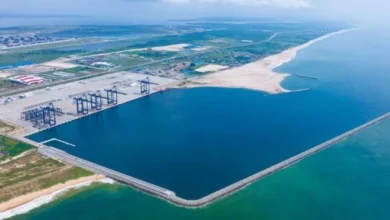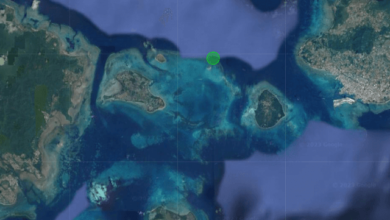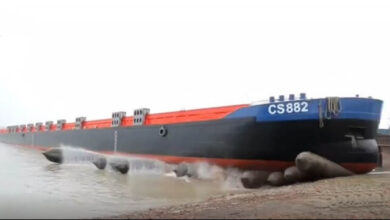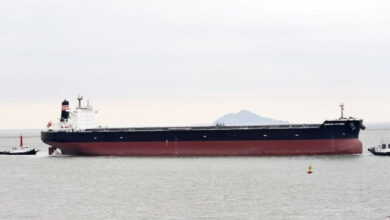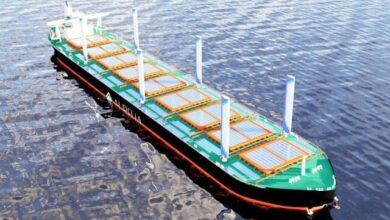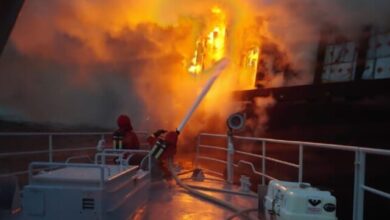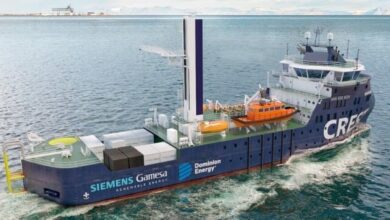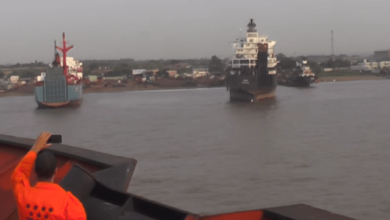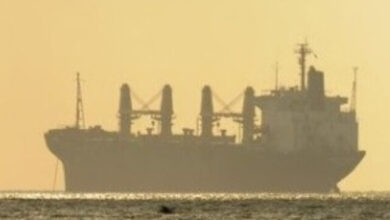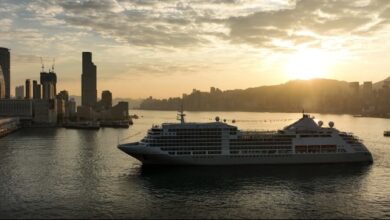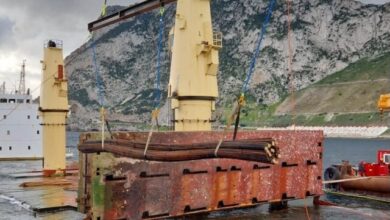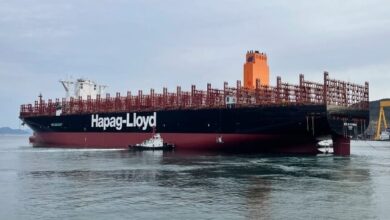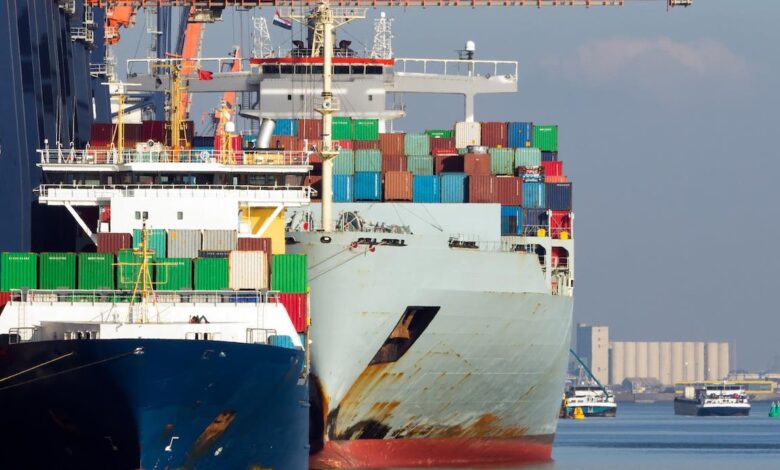

Marek Grzybowski
Mayflower Autonomous Ship that does not emit harmful substances to the environment is to make one of the world’s first autonomous voyages across the Atlantic. Its hull was built at the Polish shipyard Aluship Technology. When will an eco-friendly container ship or a bulk carrier enter the ocean’s waters?
7 Technologies allow the use of propulsion, which is supposed to enable swimming without CO2 emissions to the environment. Experts say that we have at our disposal: an electric drive, a hydrogen-powered hybrid power plant, hydrogen fuel cells, a hydrogen + ICE, ammonia as a fuel source in combination with fuel cells or a diesel engine, as well as biofuel.
Alcohol, biomethane and ammonia are fuels that make it possible to achieve zero emissions of harmful substances in the exhaust gases of ships. These are the research results contained in the latest report by A.P. Moller—Maersk and Lloyd’s Register.
These are the results of studies from more than two years ago, when marine fuel was much more expensive than today. 80% of respondents believe that the maritime transport market needs the zero-emission vessels (ZEV).
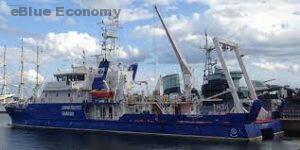
ZEVInnovation. In what direction to continue research on ships with ‘zero-emission’ power plants? Will we produce zero-emission ships and on what scale? Who will buy and operate them? Which solutions will be optimal, and which will be uneconomical?
The ZEVInnovation project partners are expected to answer these questions. Strong technical research centers participate in the project from Croatia: Centar za transfer tehnologije d.o.o. (Center of technology transfer llc) and Inovacije i razvoj d.o.o. (Innovation and Development llc). On the Norwegian side, the project involves strong expert partners: Vinco Innovation AS and ÅKP AS.
The BSSC (Baltic Sea and Space Cluster) represents Poland in the ZEVInnovation Project. It brings together entities that have been implementing innovative projects for years.
These include: the Crist shipyard and the Nauta Remontowa Shipyard, the Faculty of Ocean Engineering and Shipbuilding at the Gdańsk University of Technology, the Ship Technology Center, as well as companies such as Hydromega, TechWind, PM Metlaworking, Sevenet, Cador Consulting, and the ASE Technology Group.
Each of the listed has experience in creating and producing innovations in the construction and conversion of ships. This applies to both proven designs and prototypes, technical and technological innovations, hulls and engine rooms as well as detailed solutions of individual systems and solutions.
The Faculty of Ocean Engineering and Ship Technology at the Gdańsk University of Technology has a successful electric ship project in its portfolio, the Crist shipyard is building electric-powered ferries for the Scandinavian market, and Nauta has built research ships for the University of Gdańsk and the University of Göteborg.
ASE Technology Group is an active member of the Hydrogen Cluster, the Baltic Sea and Space Cluster is a partner of this Cluster, and the city of Gdynia (BSSC member) is the partner of the Pomeranian Hydrogen Valley. At the PCHET 2020 conference organized by the Hydrogen Cluster, we will soon learn (on September 28) about the potential of hydrogen technologies and their possible use in transport and economy.


